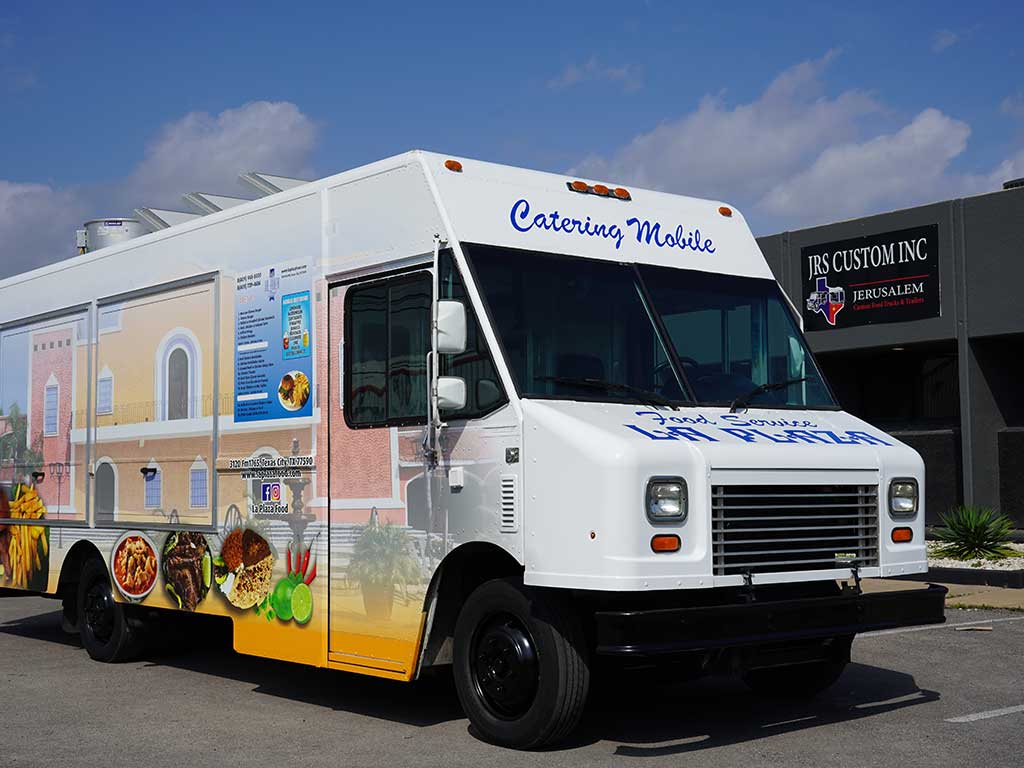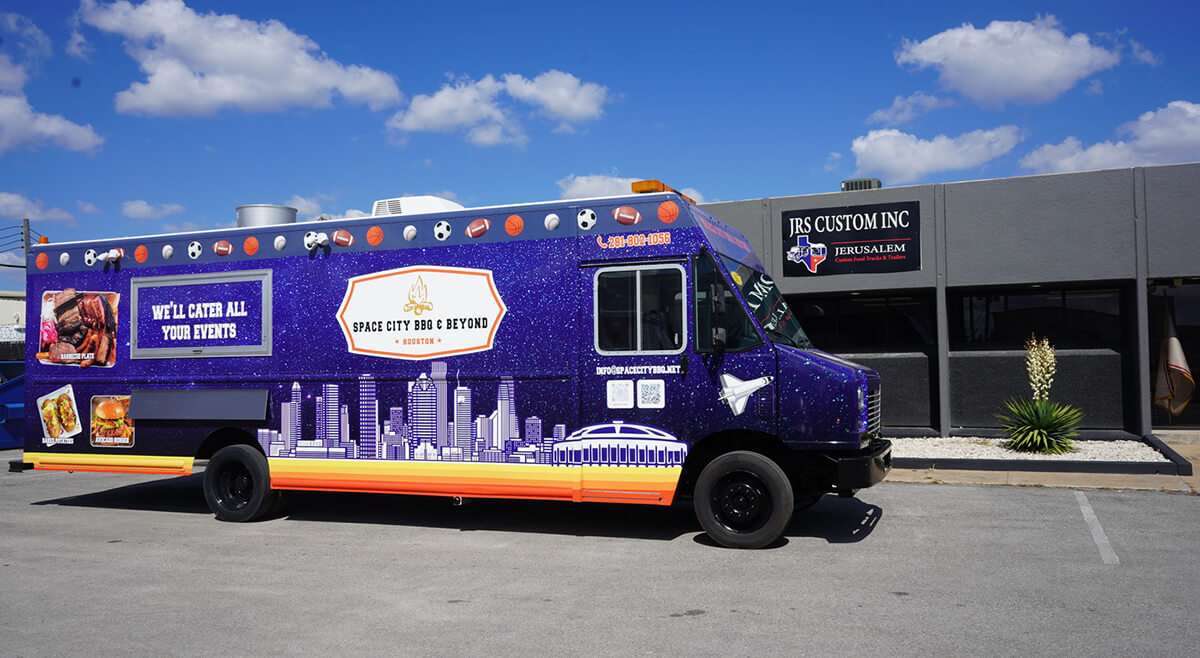
Food trucks have taken the food industry by storm, serving everything from gourmet dishes to comfort food.
But one big question keeps popping up: Can food trucks sell alcohol?
The short answer: Yes, they can—but it’s not as simple as serving food. Selling alcohol comes with rules, licenses, and other important details. Let’s explore what it takes to serve alcohol legally and successfully from your food truck.
Legal Basics of Selling Alcohol from a Food Truck
Selling alcohol is heavily regulated, and the laws differ depending on where you’re operating.
Federal and State Laws
The federal government requires all alcohol sellers to follow strict guidelines, but each state sets its own rules for licenses and permits.
- Beer and Wine: Food trucks can often sell beer and wine with the right license, commonly called an “off-premise” permit. This allows you to sell alcohol at events or locations outside a traditional bar or restaurant.
- Hard Liquor: Selling hard liquor requires a special license, like a vendor or retailer license, and these can be harder for food trucks to obtain.
Local Laws and Permits
In addition to state laws, your city or county may have its own rules. For example, some cities require permits for selling alcohol at events or have zoning laws that affect where food trucks can operate.
Licenses and Permits You’ll Need
To sell alcohol, your food truck must first have a valid food truck license, meet certain requirements, and have the right paperwork in place.
Here’s what to expect:
- Every state has its own process for obtaining a liquor license. You’ll typically need to provide proof of business ownership, insurance, and possibly a background check.
- Special Event Permits
- If you’re serving alcohol at festivals, private parties, or weddings, you may need an additional permit for each event.
- Municipal Permits
- Some local governments require extra permits, especially if you’re operating in public spaces.
Who Can Buy Alcohol from a Food Truck?
You must follow strict age restrictions when selling alcohol.
- Minimum Age: Customers must be at least 21 years old to buy alcohol. Always ask for valid photo ID, like a driver’s license or passport, before serving.
- ID Checking Tips: Train your staff to recognize fake IDs and understand the consequences of serving minors.
What Types of Alcohol Can Food Trucks Sell?
Not all types of alcohol are treated the same under the law. The type of license you have determines what you can sell:
- Beer and Wine: These are the most common options for food trucks since the permits are easier to obtain.
- Hard Liquor: Selling cocktails or spirits requires a more advanced liquor license, often limited to private or catered events.
Advantages and Disadvantages of Selling Alcohol
Adding alcohol to your menu can be a game-changer, but it’s not without challenges.
Benefits of Selling Alcohol
- Higher Profits: Alcohol often has a higher markup than food, so it can boost your revenue.
- Attract More Customers: People love to pair drinks with good food, especially at events or festivals.
- Competitive Edge: Offering alcohol can set your food truck apart from others.
Risks and Challenges
- Strict Regulations: Failing to follow alcohol laws can lead to fines or losing your license.
- Liability Risks: If a customer drinks too much and causes an incident, you could be held responsible.
- Increased Costs: Licenses, permits, and insurance can add to your operating expenses.

Tips for Selling Alcohol from Your Food Truck
If you’re ready to add alcohol to your menu, here are some tips to help you succeed:
Train Your Staff
Make sure your employees know how to serve alcohol responsibly. This includes checking IDs, recognizing signs of intoxication, and understanding your state’s laws.
Stay Compliant
Follow all federal, state, and local regulations. Keep your licenses up to date and always operate within the rules.
Partner with Local Breweries or Wineries
Teaming up with local drink makers can help you offer unique options, support small businesses, and attract more customers.
Don’t Overlook Insurance
Selling alcohol increases your risks, so make sure your insurance covers any potential issues related to serving drinks.
Restrictions and Special Considerations
Selling alcohol from a food truck isn’t as straightforward as it is for bars or restaurants. Here are a few things to keep in mind:
Separation of Food and Alcohol: Some states require a physical separation between where food is prepared and where alcohol is served.
Time and Place Restrictions: Certain locations or events may limit when and where alcohol can be sold.
Noise and Behavior Issues: Alcohol can lead to rowdy behavior, so be prepared to manage crowds responsibly.
Conclusion: Is Selling Alcohol from a Food Truck Right for You?
Yes, food trucks can sell alcohol, but it’s not as simple as flipping burgers or serving tacos. You’ll need to navigate licenses, permits, and strict rules.
However, the effort can be worth it—selling alcohol can bring in more customers, increase your revenue, and make your food truck a must-visit spot at events.

 Proudly built in America
Proudly built in America